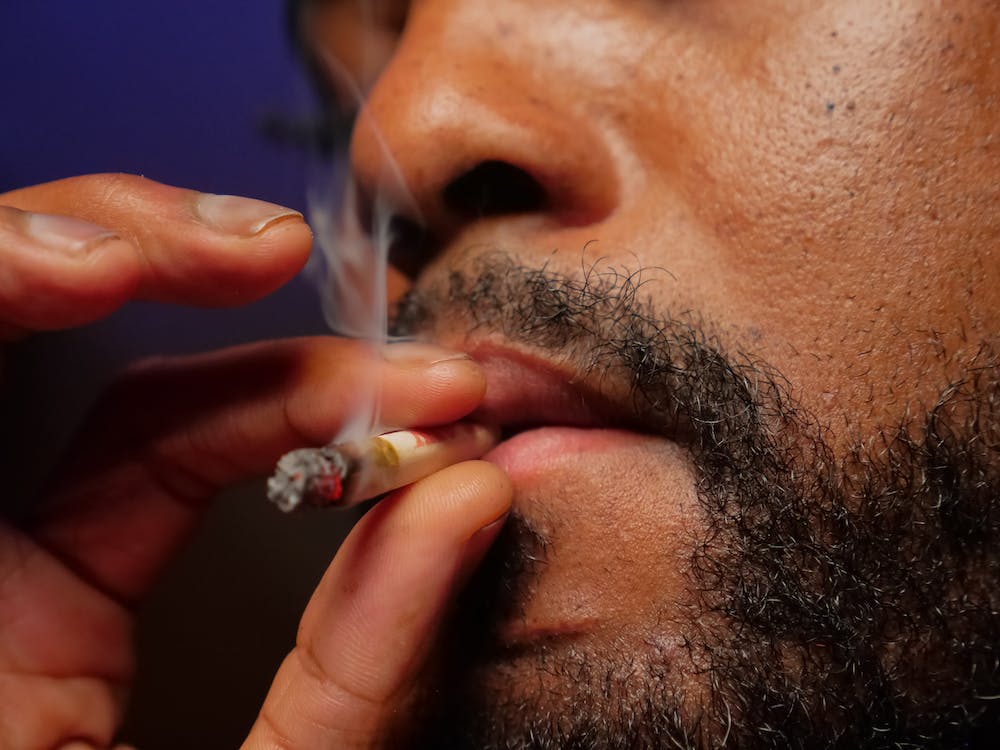Addiction recovery is a journey that involves recognizing the issue, seeking help, and working diligently to cultivate healthier habits and coping mechanisms. With Johannesburg’s diverse population and unique societal pressures, finding the right coping skills and alternatives to substance use can be a crucial part of this journey.
The First Step is Always the Hardest
Acknowledging that there’s a problem. If your substance use is causing distress and negative impact on your life, it’s time to seek help. You might feel fear, shame, or guilt at this stage, but remember, this is not about blame. It’s about reclaiming your life.
Once you’ve decided to seek help, start exploring the resources available. Johannesburg is home to several excellent rehabilitation centres that can provide the support and guidance you need during this challenging time. They offer therapies, workshops, and programs designed to equip you with the skills necessary to navigate your recovery.
Understanding Triggers
In your therapy sessions, one of the first things you’ll work on is understanding your triggers – those situations, feelings, or thoughts that push you toward substance use. This could involve journaling your daily activities, noting when cravings arise, and discussing these patterns with your therapist. Identifying your triggers is the first step in learning how to manage them effectively.
Responding to Triggers
Next, you’ll focus on developing healthier responses to these triggers. This process will be individual to you, guided by your personal experiences and circumstances. It might involve learning stress management techniques, engaging in physical activity, or exploring creative outlets like art or music. Remember, the goal is not to suppress the triggers or cravings, but to find healthier ways of responding to them.
During your journey, it’s also crucial to cultivate a strong support network. Recovery is not a solo endeavour. Connecting with others who understand your struggles can provide emotional support, encouragement, and practical advice. This could be through support groups, or by fostering stronger relationships with friends, family, or mentors.
Expanding on the topic of building healthy coping skills, there are numerous ways you can navigate the landscape of addiction therapy. Three examples of alternatives to substance use include utilizing mindfulness techniques, employing cognitive behavioural strategies, and leveraging the power of nature and outdoor activities.

1. Mindfulness Techniques
Mindfulness, an ancient practice with its roots in Buddhist philosophy, has gained traction in the modern mental health landscape for its versatility and effectiveness. It refers to the process of deliberately focusing your attention on the present moment, accepting it without judgment.
- Breathing exercises: When a craving hits, taking deep, measured breaths can ground you and redirect your focus away from the urge to use a substance.
- Mindful eating: Changing how you eat can alter your relationship with other aspects of your life, including substance use. Paying attention to the taste, texture, and sensation of eating can cultivate a broader sense of awareness.
- Meditation: Daily meditation, even for a few minutes, can help manage stress and promote calmness, making it easier to resist cravings.
2. Cognitive Behavioural Strategies
Cognitive Behavioural Therapy (CBT) is an effective tool in addiction therapy. It focuses on challenging and changing unhelpful cognitive distortions and behaviours, improving emotional regulation, and developing personal coping strategies.
- Thought records: Keeping a log of negative thoughts can help you recognize patterns and devise healthier responses.
- Behavioural experiments: This involves gradually exposing yourself to situations that you’ve been avoiding, enabling you to build up tolerance and resilience over time.
3. Nature and Outdoor Activities
The natural environment has a profound impact on our psychological well-being. Immersing yourself in outdoor activities can reduce stress, enhance mood, and act as a healthy distraction.
- Gardening: The act of nurturing plants can promote a sense of responsibility and achievement.
- Hiking: Walking in nature can provide a break from everyday stressors and stimulate the release of endorphins, helping to combat cravings.
- Outdoor sports: Group sports foster a sense of community and teamwork, both of which are invaluable during recovery.
Every day you choose health over substance use is a victory worth acknowledging. Reward yourself, treat yourself with kindness, and remember that every step, no matter how small, is progress.
Each step you take towards building healthy coping skills is a step away from substance use. Whether it’s practising mindfulness, using CBT strategies, or immersing yourself in nature, these alternative approaches work to heal not just the symptom but also the underlying distress. Remember, your path is unique, and each small victory brings you closer to a healthier, substance-free life. You have the power to shape your own journey, and with the right tools and support, you are fully capable of achieving long-term recovery.
Seeking professional help can greatly increase your chances of successful recovery. Therapists and counsellors are trained to help you navigate your journey, equipping you with the necessary tools and skills to handle triggers and cravings. While the road to recovery may be challenging, know that with the right help and support, you can navigate it successfully, and emerge stronger, healthier, and happier.

